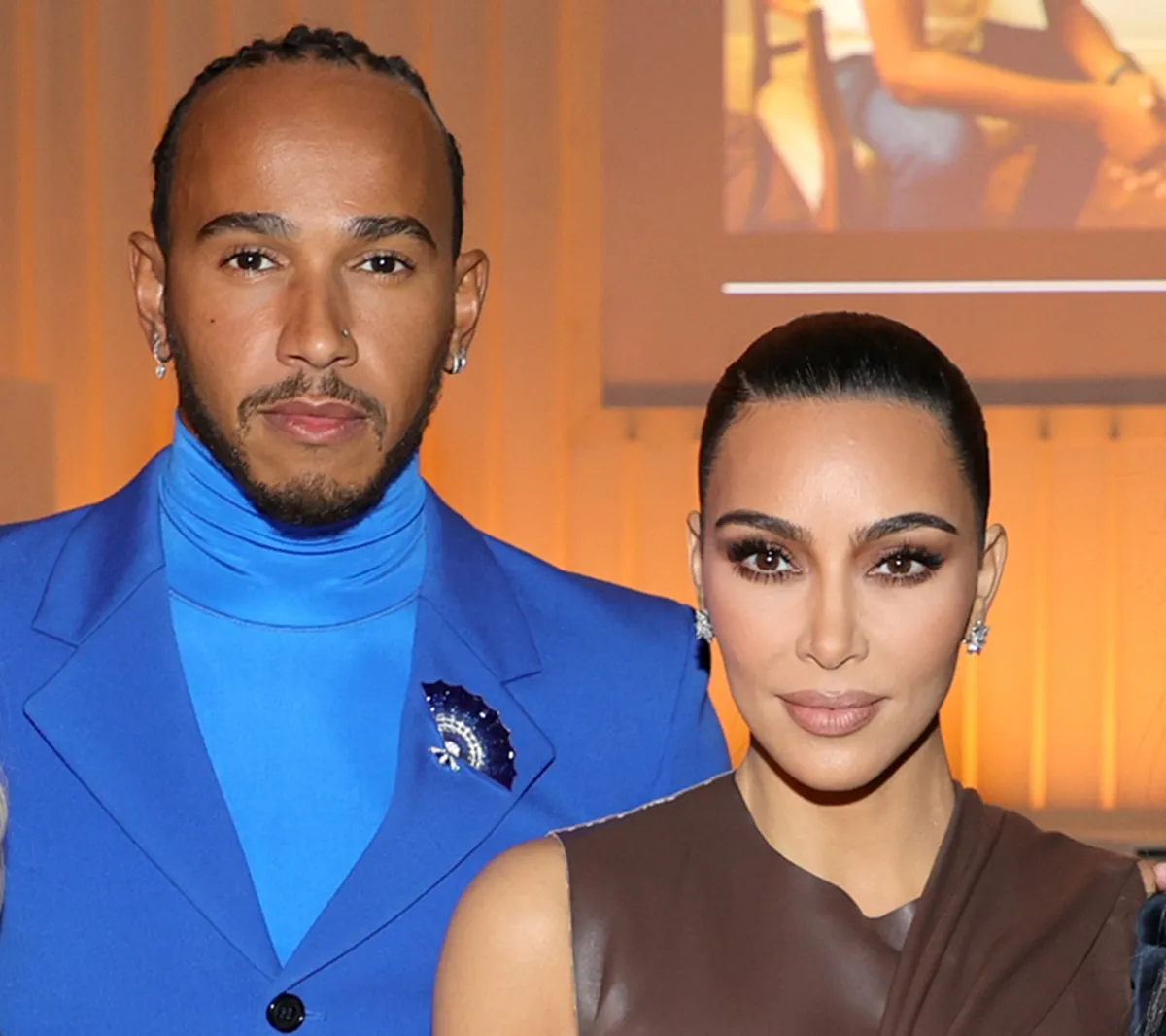‘I Am Jazz’: Jazz Jennings’ Book Hits 100 Most Banned List, She Calls it ‘Disappointing and Honorable’
Jazz Jennings and her show, I Am Jazz, have gone a long way to normalizing the conversation around transgender individuals in the United States. The LGBTQ+ activist has sacrificed much of her personal life and privacy to help marginalized individuals, and has had to deal with plenty of hate as a result. Now, Jennings is forced to confront that hate once more, but this time in the form of a banned book. Her book, that is. I Am Jazz has made the list of the top 100 most banned or challenged books of the decade.
Jazz Jennings reacts to the news

I Am Jazz isn’t just a book about a transgender youth, it’s autobiographical. So when Jazz Jennings’ book hit the top banned list, it was, in a way, a reaction to Jennings’ own life. Yet however difficult that may be to confront, Jennings told Yahoo Life that it’s honorable, in a way.
“Making the list is both disappointing and honorable,” she told the publication. “In one way, it’s upsetting to know that there is still is so much stigma and controversy about a subject that has been prevalent within our society, but at the same time, there is some pride in knowing that the book is out there and still making waves.”
“It’s another stepping stone towards creating equality and ensuring that all people are respected and treated as equals, even those who are different,” she continued.
The book itself has been out since 2014, which means parents have been challenging it or banning it for six years. While there have been advancements in the fight for LGBTQ+ equality in the United States, this just goes to show how much work there is to be done.
LGBTQ stories banned frequently

It’s a sad truth that stories featuring LGBTQ+-friendly plots and characters are some of the most banned books on the list — in this respect, I Am Jazz and Jazz Jennings are not alone. The director of the American Library Association’s Office for Intellectual Freedom, Deborah Caldwell-Stone, calls this a “growing trend.”
“There are members of every community that need and wanted these resources, that want to find themselves reflected in their library’s collections and programs. This allows them to understand themselves in the world and affirm their identity,” she told CNN.
It’s worth remembering that libraries are meant to be public places of learning and erudition — a place where folks can open their minds. Banning books that share LGBTQ+ stories goes a long way to making folks who relate to these stories feel ostracized or unwanted, and defeats the purpose of a library in the first place.
“It’s all based on fear. Parents are afraid of the change that’s occurring in our society where the LGBTQ+ community keeps growing stronger and stronger. It may go against their personal beliefs, so they feel the need to shut it down before it creates impurity in their children,” Jazz Jennings told Yahoo Life.
LGBTQ+ stories are typically about love, acceptance, and caring for one another — not exactly the sort of ideology that needs to be stamped out.
“The truth is that we are trying to create acceptance and peace at a younger age so that there is more understanding for youth who are trans or feel different,” Jennings explained.


